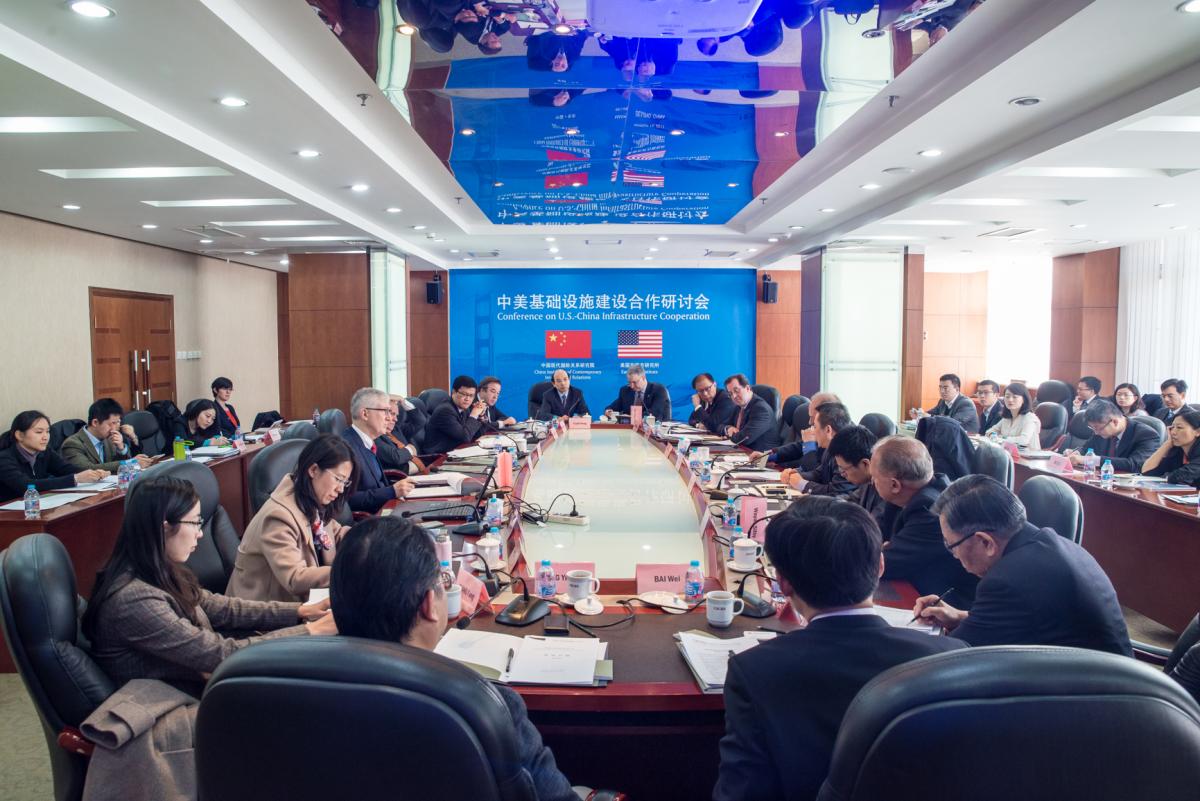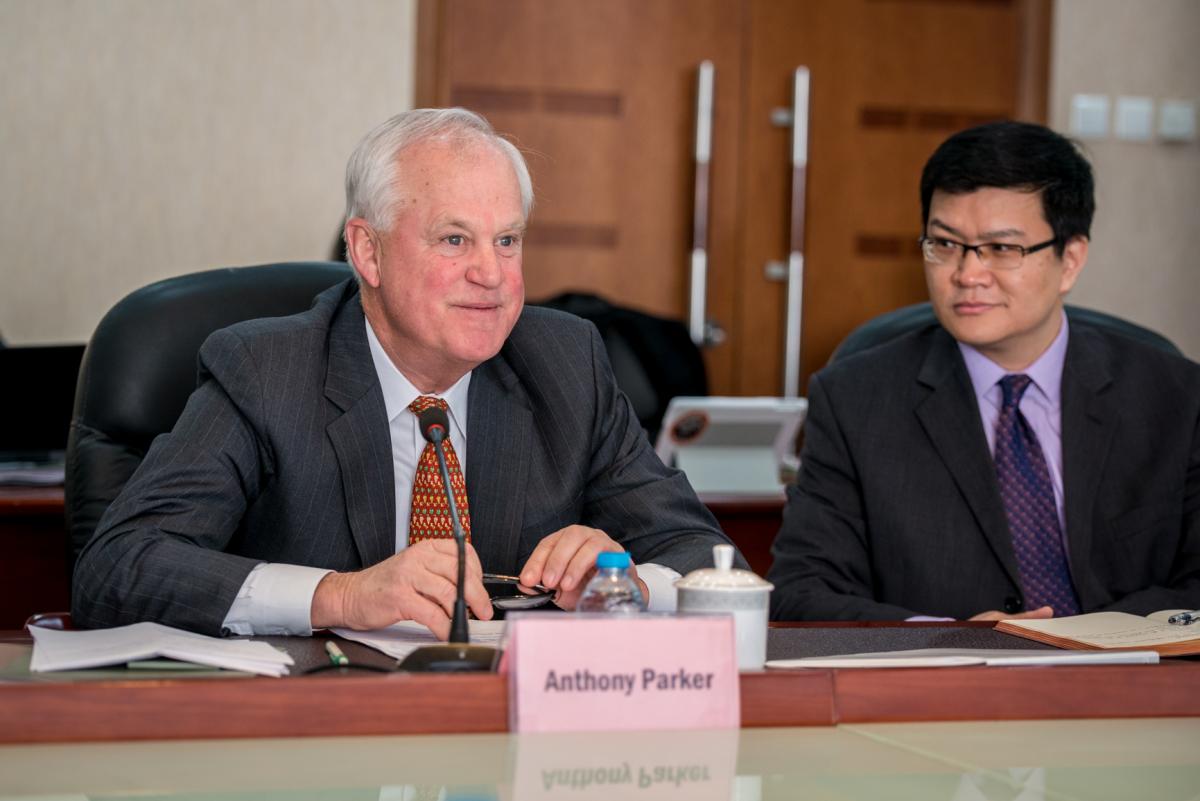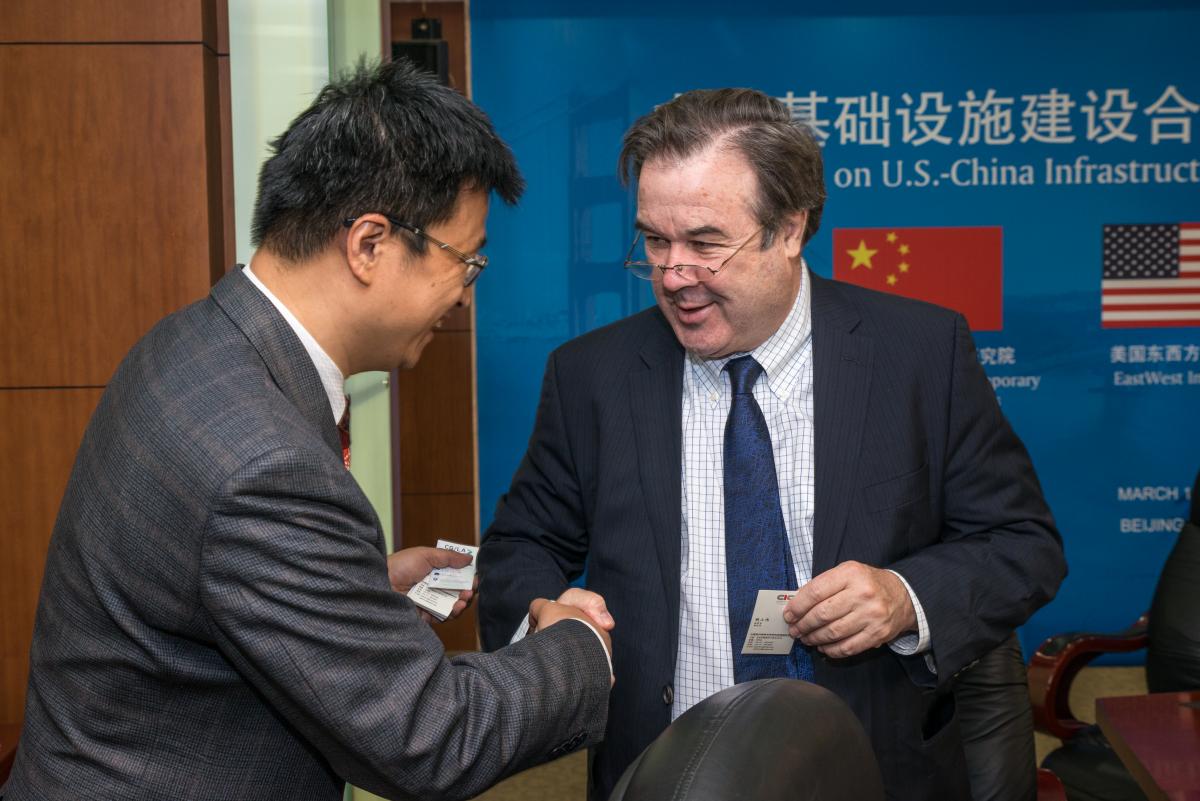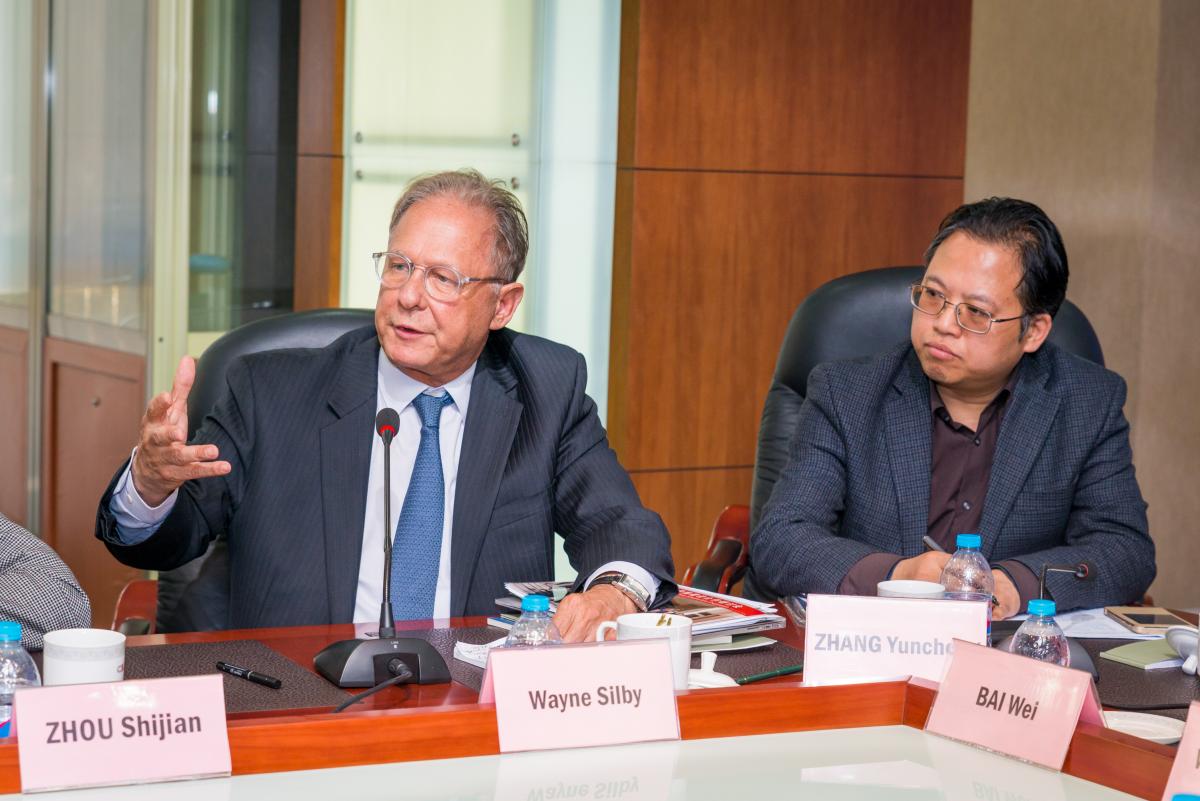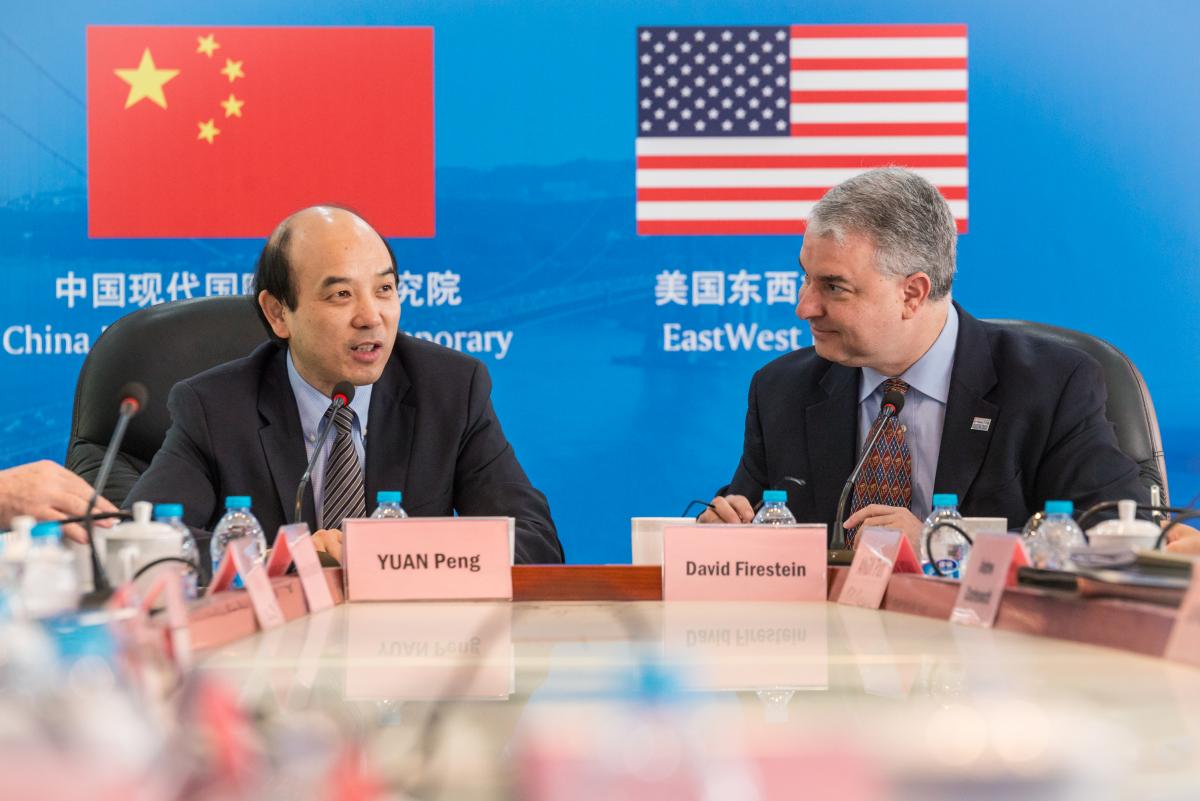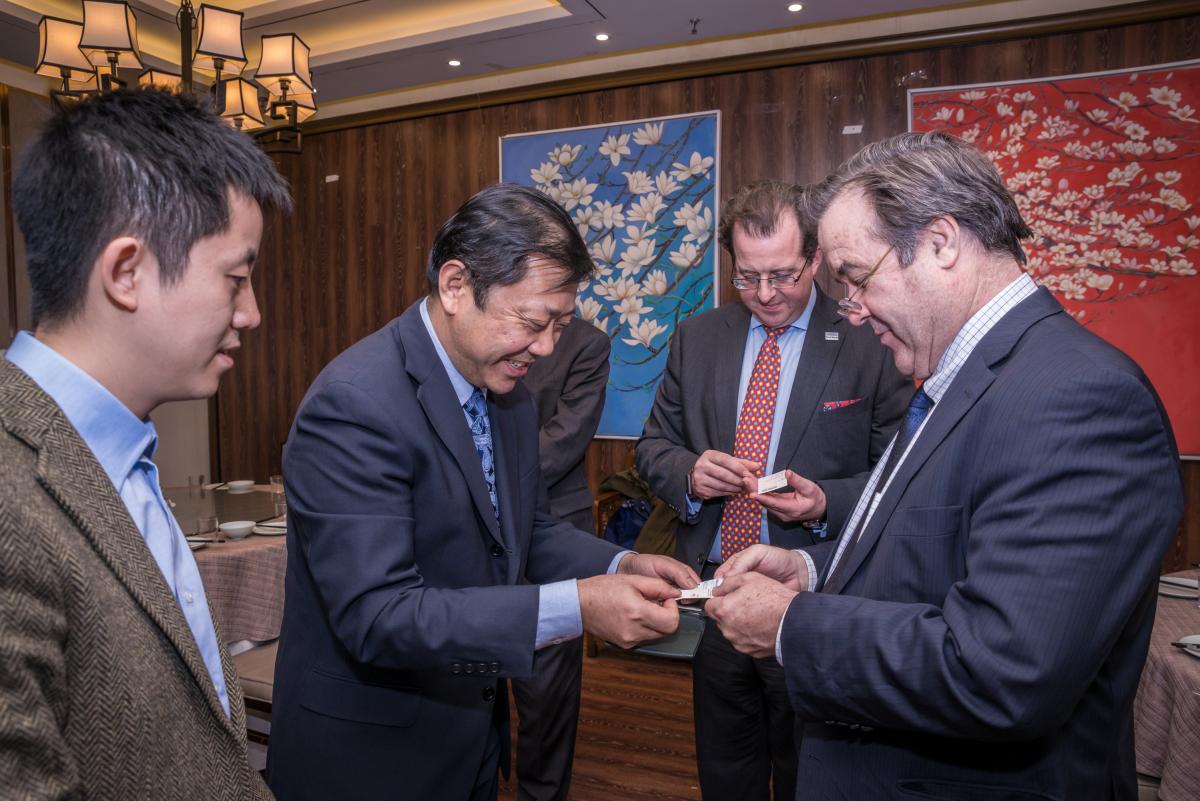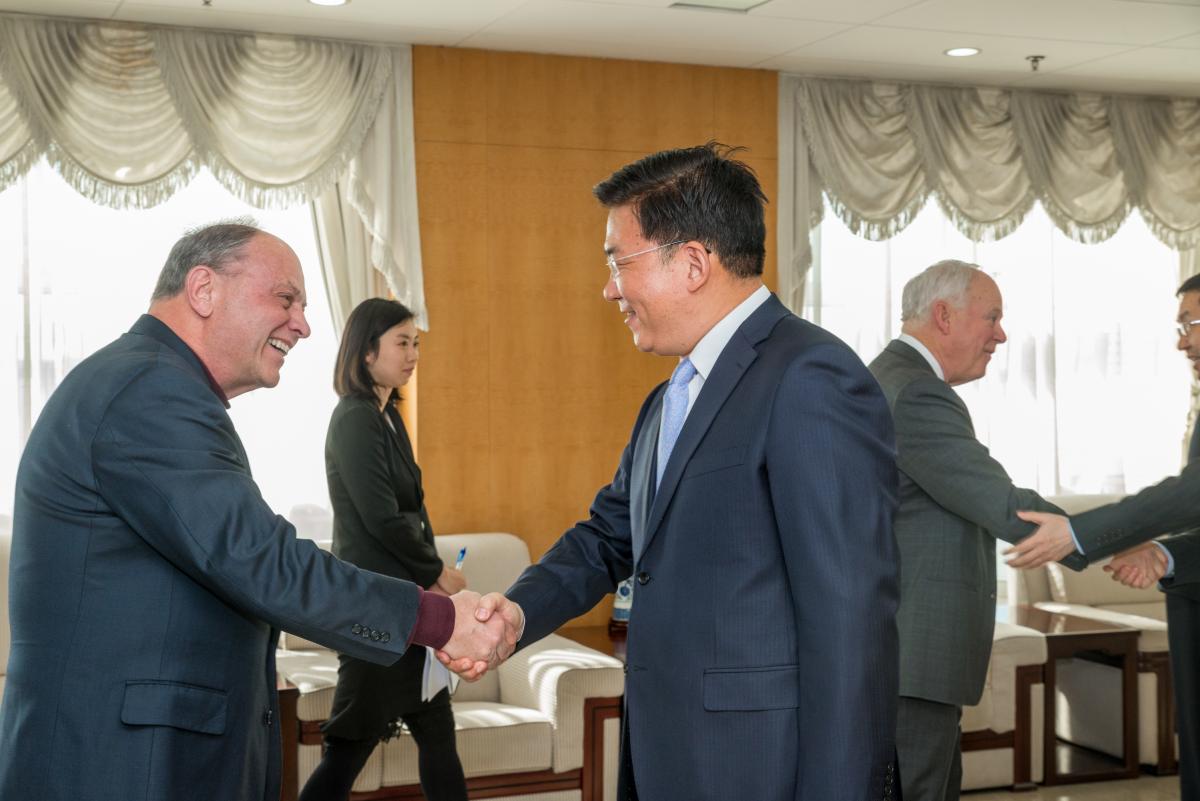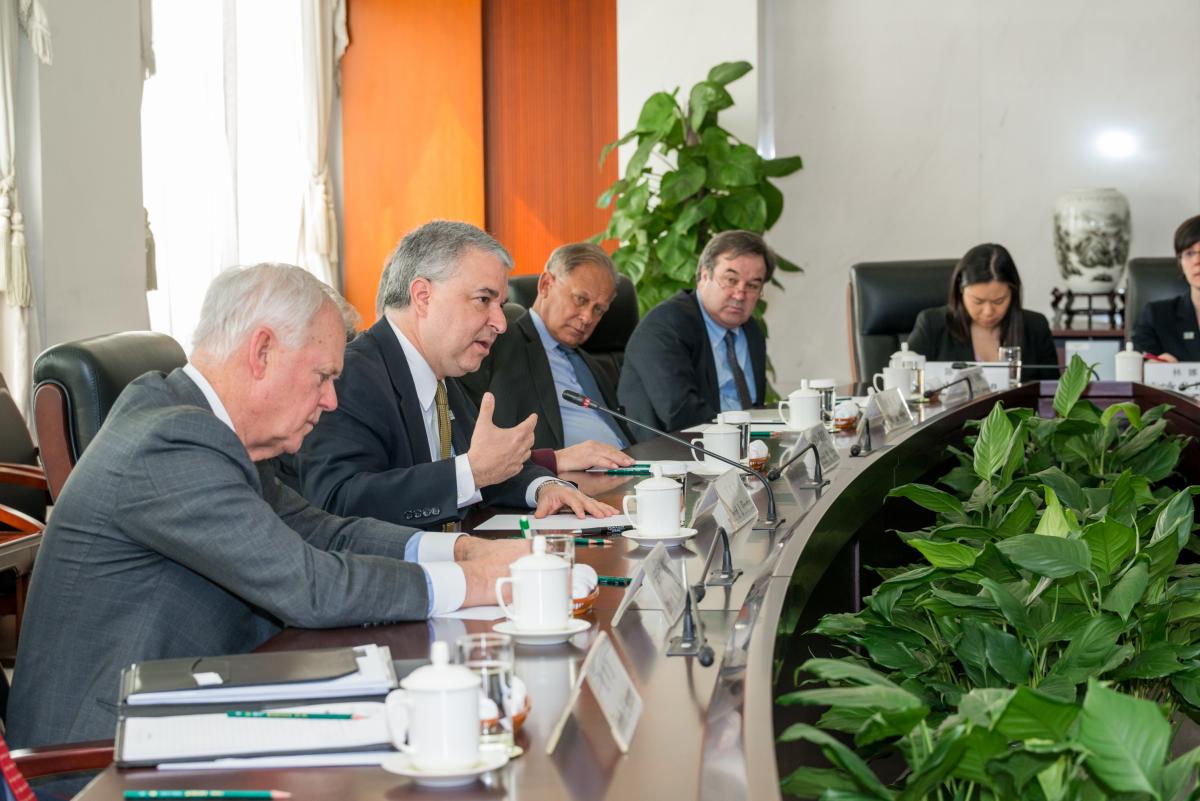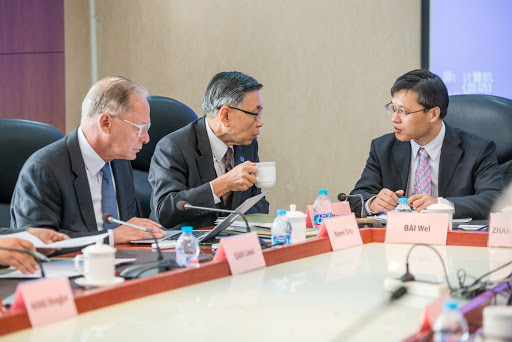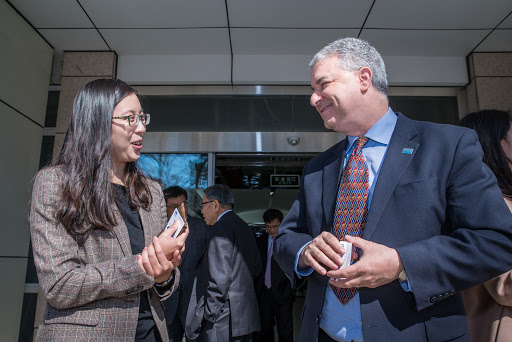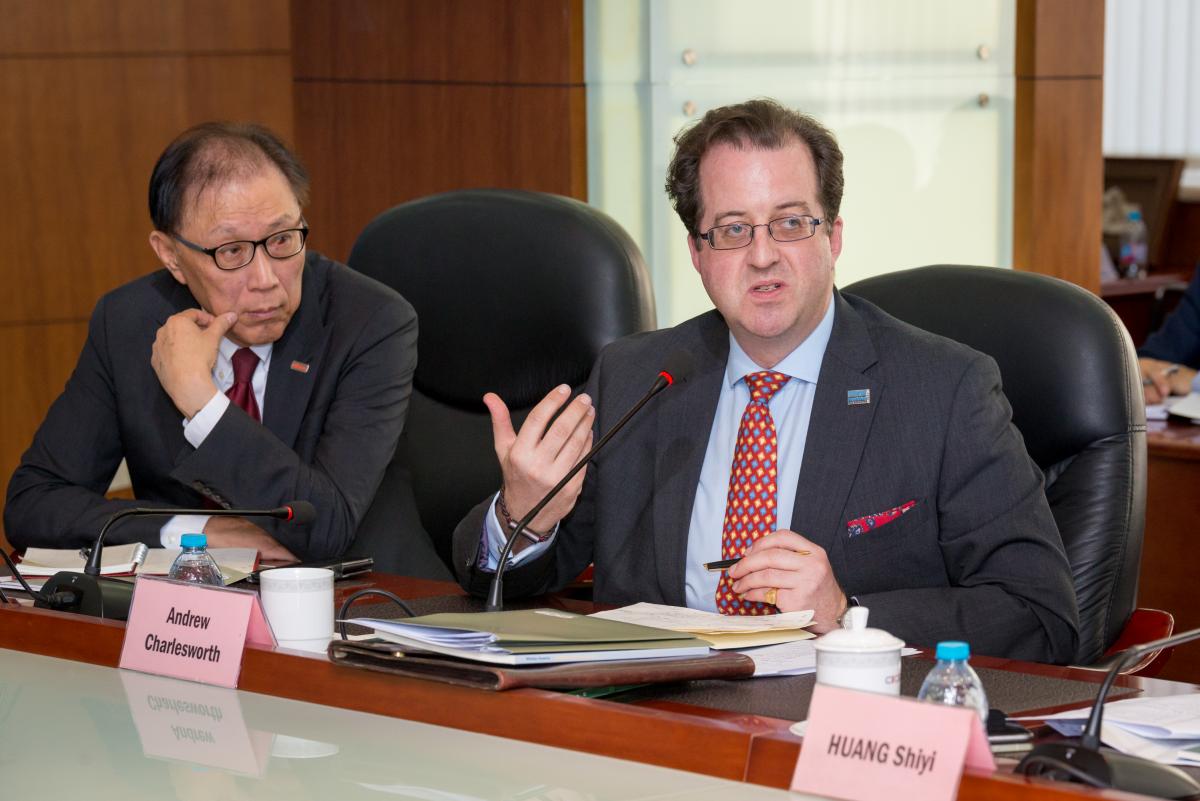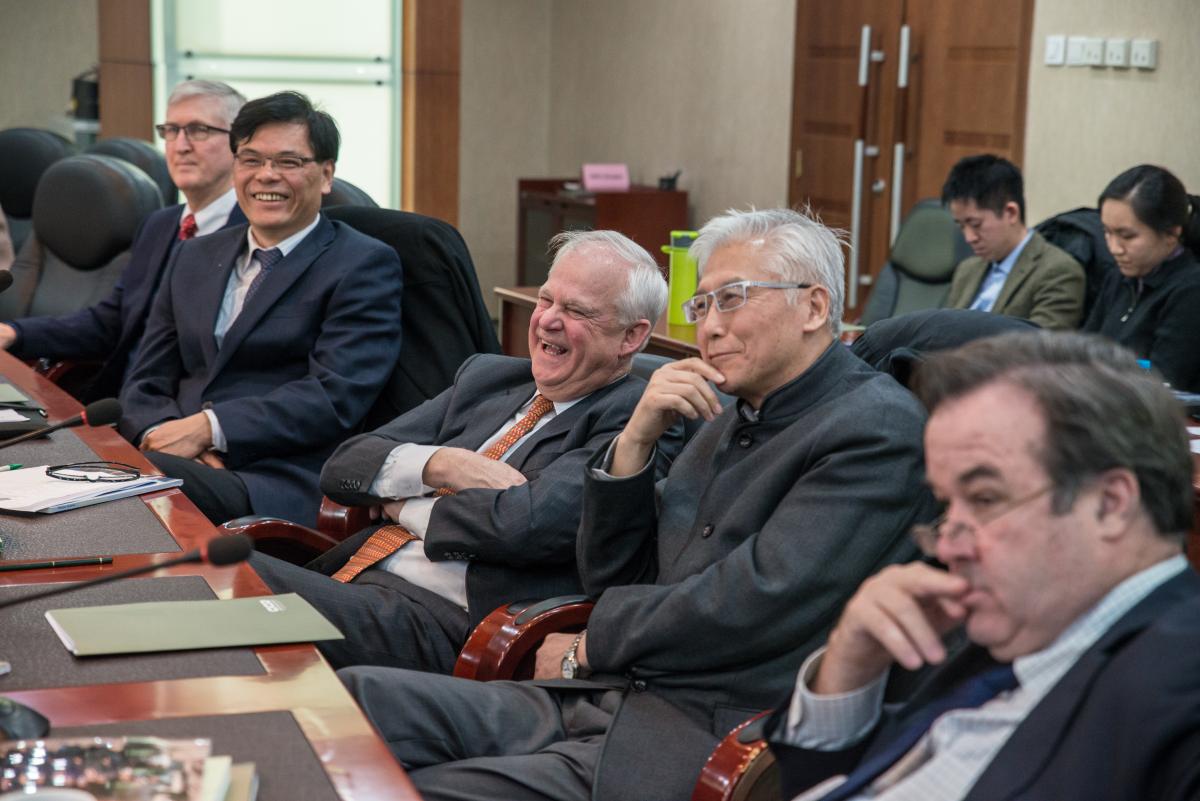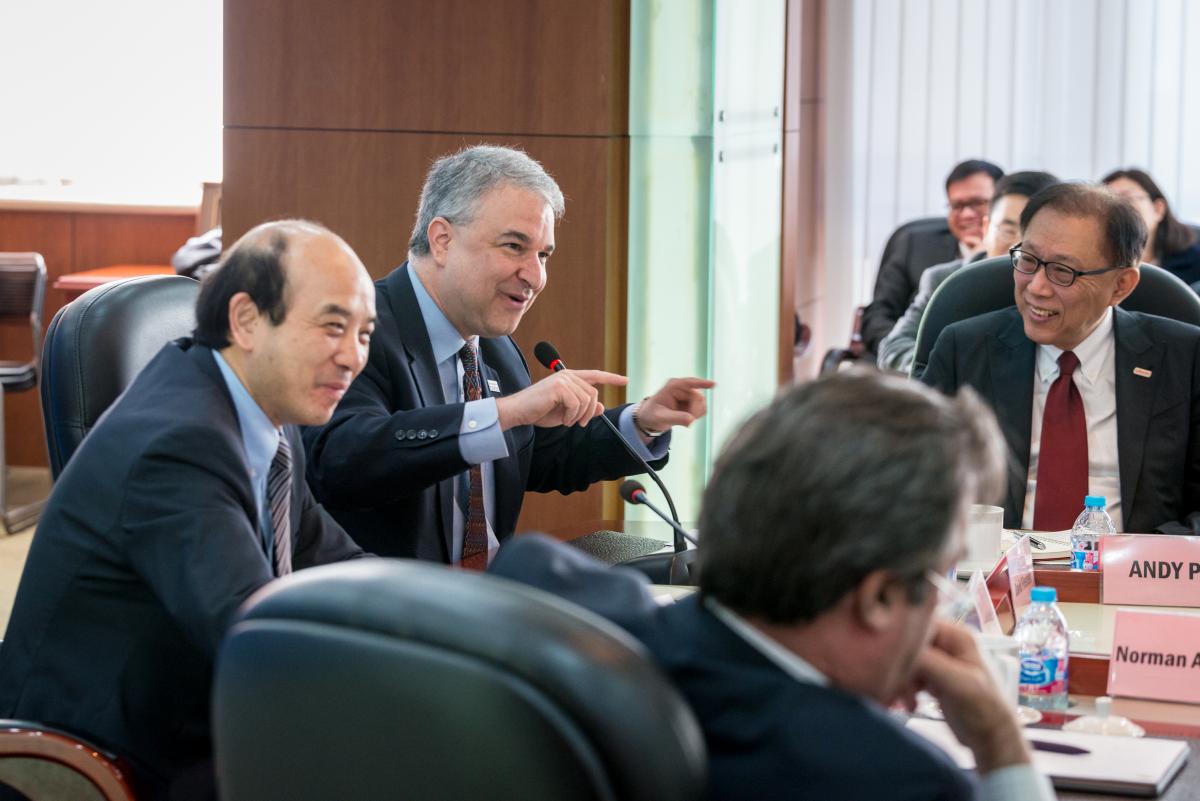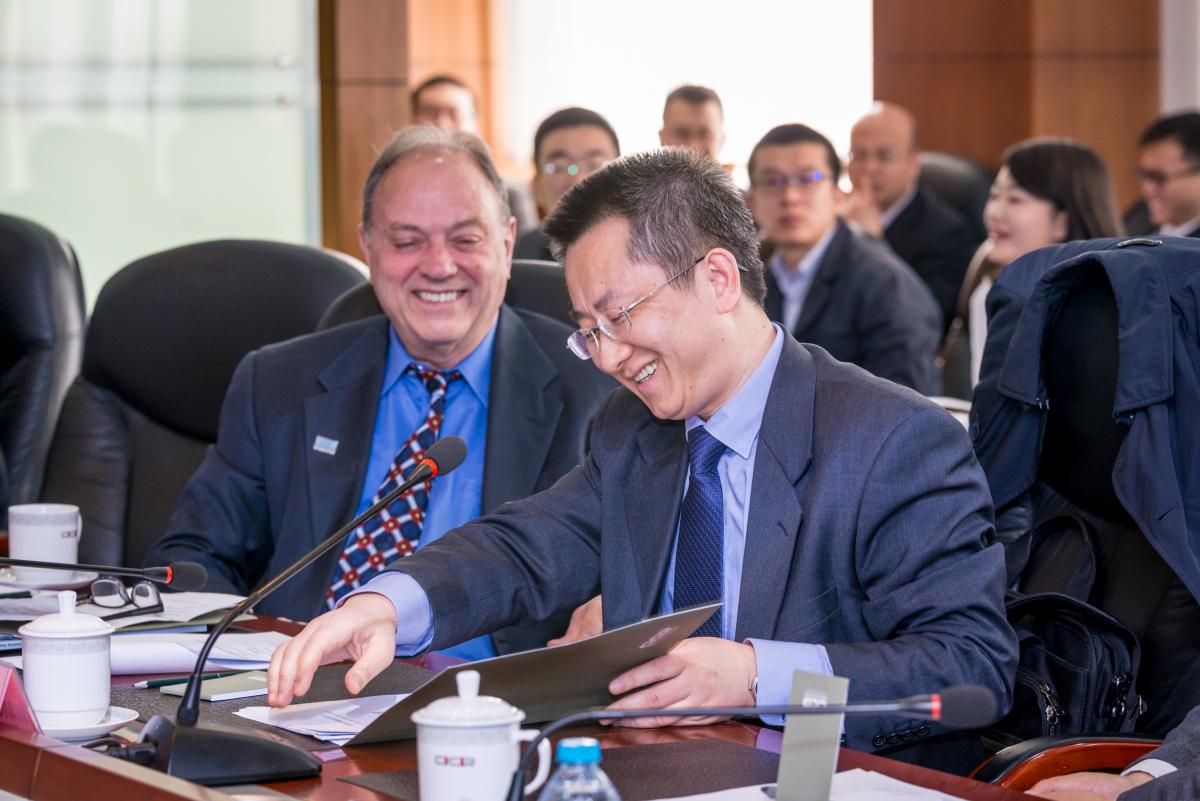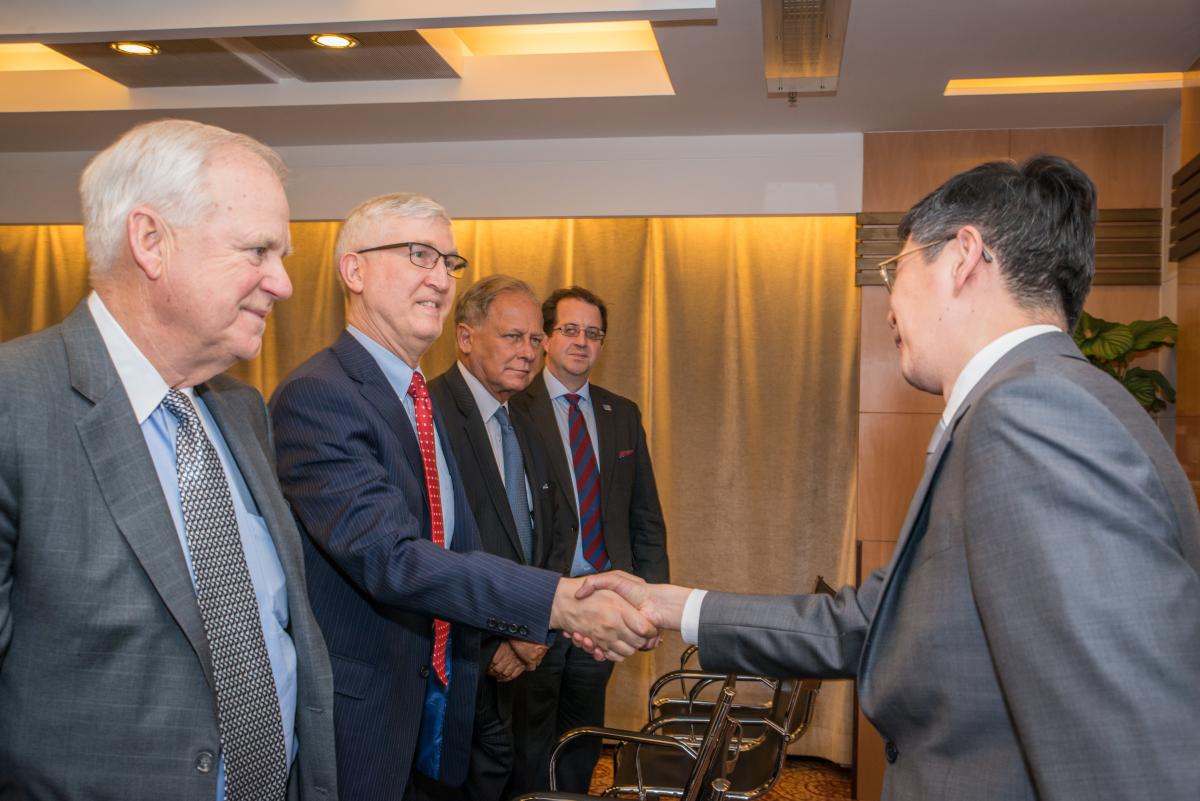
United Nations Development Programme (UNDP), in partnership with the European Commission and in collaboration with the EastWest institute, will present the Arab Human Development Report 2016 (AHDR): Youth and the Prospects of Human Development in a Changing Reality, on Thursday, April 6, 2017 in Brussels. Watch the livestream here.
The event in Brussels aims to highlight the opportunities and challenges that are outlined in the ADHR. The formal launch and presentation of report will be followed by a panel discussion involving representatives of the EU institutions, the United Nations, the Islamic Development Bank and Middle East experts and analyst, with a focus on youth and conflict prevention as an entry point to the discussion.
The Arab Human Development report is a holistic and comprehensive overview of the situation of youth and the prospects for human development in a constantly changing environment and reality that started with the wave of protests across the region in 2011. The point of departure of the report is the demographic fact that the current youth generation is the largest youth cohort this region has had over the past 50 years, making up 30% of its population of 370 million. The report argues that Arab countries can achieve a great leap forward in development, reinforce stability and secure such gains in a sustainable manner, if they adopt policies that give youth a stake in shaping their societies and put them at the center—politically, socially and economically.
The AHDR 2016 calls upon Arab countries to invest in their young people and empower them to engage in the development process as an urgent and critical priority in its own right and prerequisite to achieving sustainable development—a call that is particularly timely as Arab countries embark on formulating their plans to meet the goals of the Sustainable Development Agenda 2030. The report also calls for a youth-oriented development model that focuses simultaneously on building young people’s capabilities and expanding opportunities available to them, considering the achievement of peace and security at national and regional levels as a prerequisite for a future fit for youth.
The discussion will aim to make the link between the current priorities of the European Union, the individual institutions, and member states, and the opportunities and challenges posed by the situation of youth in the Arab region.
The focus of the discussion will be on the following areas of the ADHR 2016:
- The Effects war and violent conflict on youth
- Public services in health and education
- Exclusion, mobility, and migration
- Education and transition to work
- Looking forward: building on the youth’s capabilities and expanding their opportunities
Providing a cost-benefit analysis for target audience:
- Provide financial figures to outline the best and worst case scenarios in cases of intervention and nonintervention from the side of the EU.
- Address demographic change and rapid urbanization in the Maghreb and the effect on possible migration patterns, using concrete figures and forecasts.
- Link demographic shifts and state and institutional fragility to aid in early conflict anticipation
- What solutions and actions are required from the EU side to avoid worst case scenario?
The patterns of migration and profile of young migrants to the Western OECD countries will be of high interest for the EU, in light of the large influx of refugees in 2015-2016. Given the complexity of conflicts and lack of sustainable solutions, it is expected that refugee and migration waves will continue in the years ahead. The AHDR examines youth’s reasons to migrate and possible exclusion factors, and envisages the role of migration policies in receiving or sending states, before emphasizing the role of inclusion in the migration process. Better understanding of the problems and challenges in sending states can help the EU in its cooperative efforts with regional governments to counteract the reasons (root causes) for conflict and migration, and presenting a cost-benefit analysis with potential ‘worst-case scenarios’ can serve as an alarm signal.
Agenda for the event in Brussels:
Presentation of the Arab Human Development Report
Mr. Adel Abdelllatif, Senior Strategic Advisor, Bureau for Arab States, UNDP
Discussion Panel
Mrs. Marjeta Jager, Deputy Director General, DG DEVCO
Mr. Maciej Popowski, Deputy Director General, DG NEAR
Mr. Mourad Wahba, Regional Director of the Bureau for Arab States, UNDP
Mr. Ahmed Hariri, Regional Manager - Middle East, Islamic Development Bank
Ms. Rosa Balfour, Acting Director of the Europe Program, German Marshall Fund
Moderator
Mr. Kawa Hassan, Director of the Middle East and North Africa Program, EastWest Institute
Event details and Registration.


